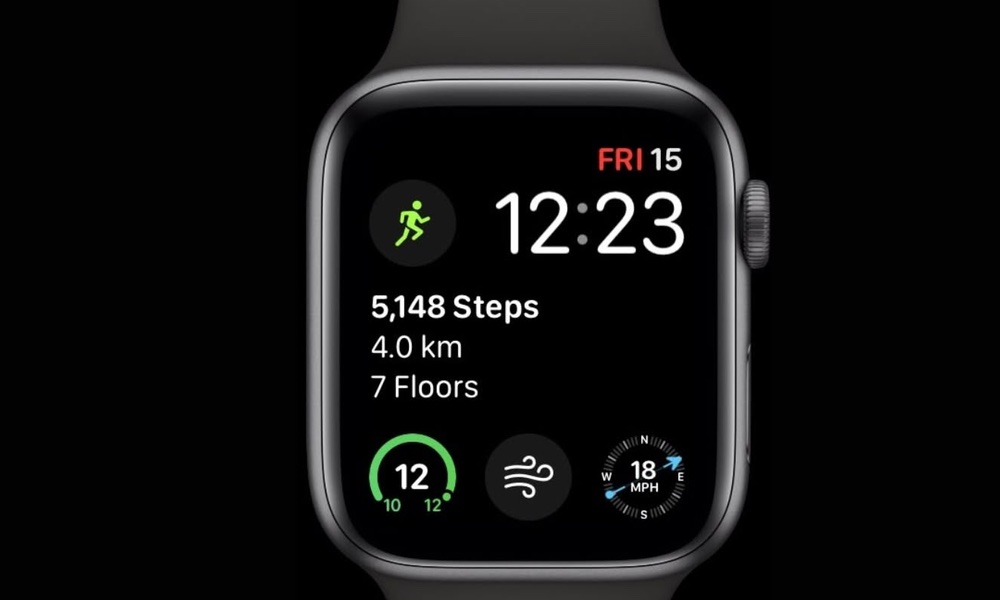A nutrition check-up should become a routine part of your annual check-up with your doctor, the American Heart Association’s (AHA) says.
Poor nutrition is the leading risk factor for death globally and poor diet quality accounts for half of all deaths from cardiovascular disease.
Healthy diets reduce the risk for cardiovascular disease and improve outcomes in the treatment of it. Diet can affect cholesterol levels, blood pressure readings, diabetes control and weight, all of which are modifiable risk factors for heart disease.
Doctors don’t often ask patients about their diets. There are several reasons why. Physicians typically are trained only in basic nutrition and lack the knowledge required to really evaluate a patient’s diet. Plus, there is just not enough time to delve into diet when there is so much else to cover in what is usually a short office visit. Most health care settings simply do not integrate nutrition services, especially when there is no reimbursement for it.
One tool asked just two questions about fruits and vegetables, sugary foods and juice consumption. Two others asked more than 10 questions and covered the major food groups, processed foods and alcohol consumption.The quality of a person’s diet is one of the most important modifiable risk factors for cardiovascular disease, yet it is often not a priority for discussion during office visits.
To be effective and practical, diet screening tools need to be quick, based on scientific evidence, and evaluate a patient’s total diet, not just a single food or nutrient. Patients should be given an achievable dietary goal and provided support for achieving that goal; and clinicians should follow up on their progress at the patient's next visit. Ideally, a screening tool would prompt a healthcare provider to refer a patient with identified nutritional issues to a registered dietitian nutritionist for assessment and counseling.
The quality of a person’s diet is one of the most important modifiable risk factors for cardiovascular disease, yet it is often not a priority for discussion during office visits, according to the study’s lead author, Maya Vadiveloo. “Given the evidence that diet contributes to disease and mortality, it is a risk factor worth screening for continuously.”
You can read the AHA scientific statement, "Rapid Diet Assessment Screening Tools for Cardiovascular Disease Risk Reduction Across Healthcare Settings," online.





